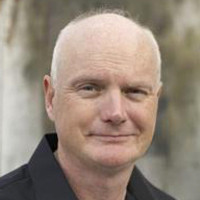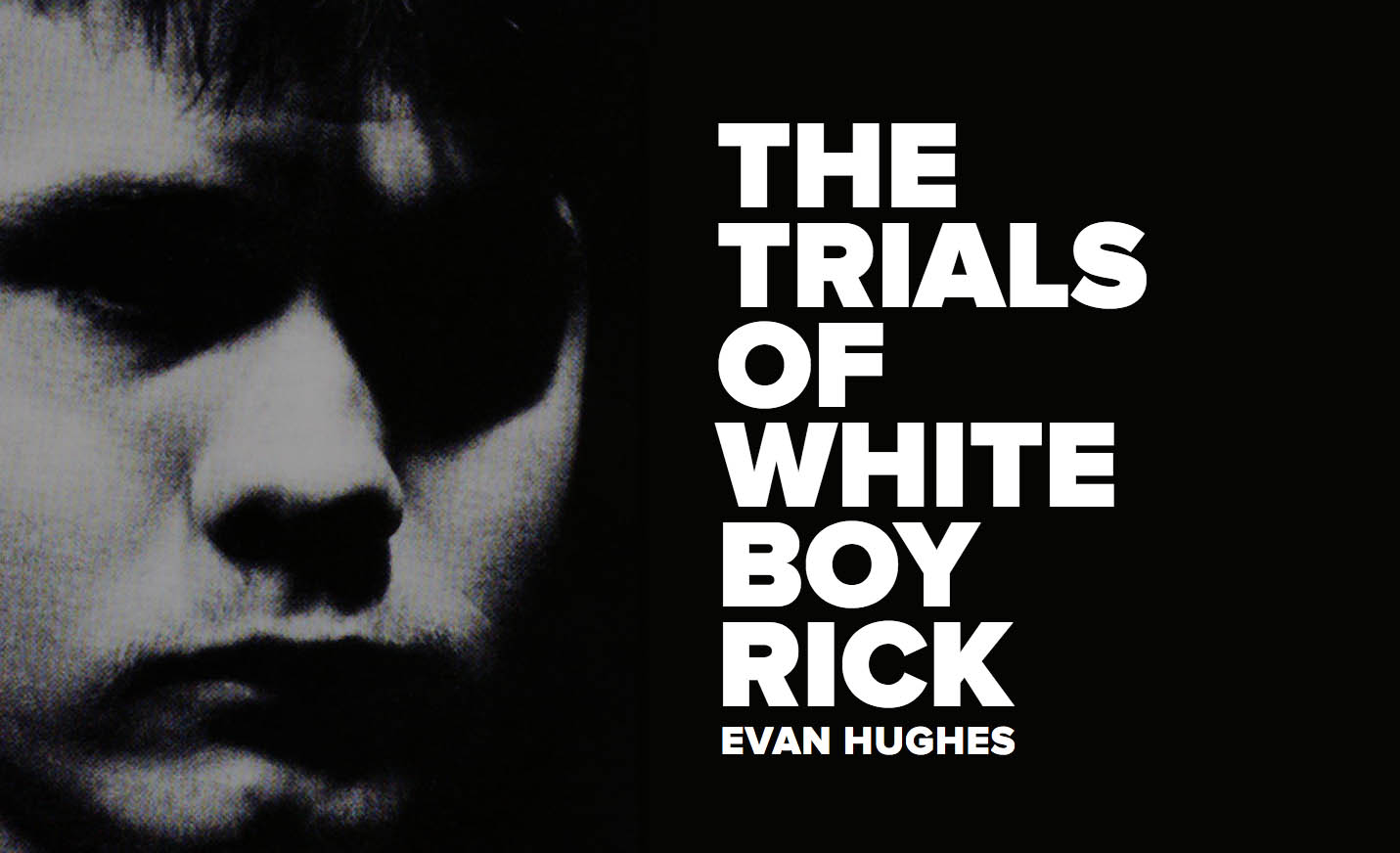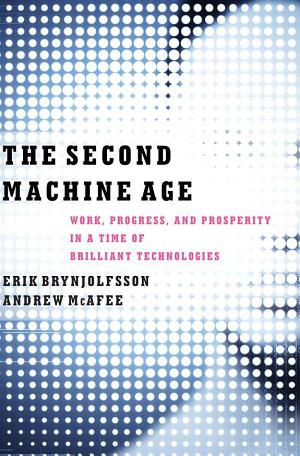Sponsored
Sponsor: Contents Magazine
What can be salvaged from publishing? What does it mean to write for the 50% of US adults who have trouble reading? What happens to crime reporting when you cover every victim, every suspect, every murder with the same care?
Contents publishes open-source editorial ideas for new journalism, digital publishing, content strategy, and everything in between. Always free, always online, fresh each week.
We recommend their latest piece, "House of Cards" by Robin Sloan.
For information about sponsoring Longform, click here.

















